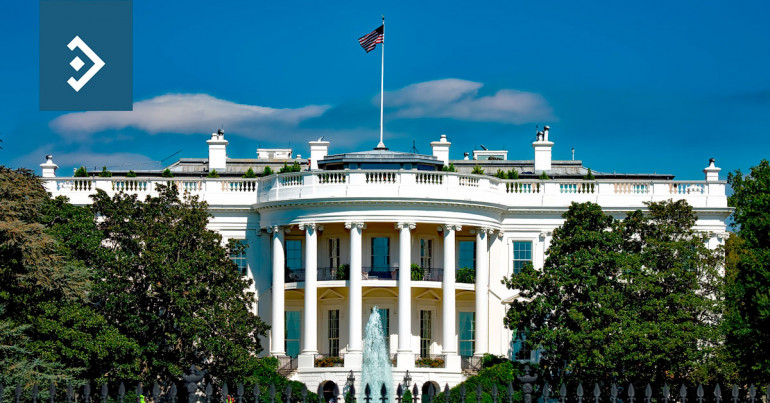
Dollar rally gains traction as euro retreats
Morning mid-market rates – The majors
August 10th: Highlights
- Global risk appetite falling
- Sterling clinging on
- ECB concerned about protectionism as trade concerns grow
Dollar index breaks 95.25 resistance
Very few nations, particularly in times of recovery from a downturn, would risk the inflationary effect of a weak currency, despite the benefit to their trade balance.
The U.S. needs to look closer to home and to its corporate base which has allowed its manufacturing operations to be moved overseas in search of cheap labour and increased productivity.
While the U.S has been guided by the maxim that Apple, for example, has the capability to design great products that the consumer demands, it doesn’t have the capacity to build them at home.
This has been a major reason for the continued growth seen in U. S equity indices which saw Apple’s market cap. reach a trillion dollars but has contributed to the decline in the industrial and manufacturing infrastructure which is what the economic growth of the fifties and sixties was built upon.
Yesterday as concerns over protectionism grew, the dollar index finally broke the 95.25 resistance that has been in place for some time, reaching a high of 95.62 and closing at that level.
Considering your next transfer? Log in to compare live quotes today.
Sterling managing to remain above year’s low
The “feelgood factor” which favoured hope over expectation has now totally evaporated as the UK Government is deemed to have mishandled the entire process, virtually from day one and by gradually allowing Brexit to become a Party-Political issue has divided the country even further.
The pound managed to hang on close to its year’s low closing at 1.2822 versus a strengthening dollar. Against the single currency, it rallied to close at 1.1125 having, made a fresh low for 2018 earlier in the day of 1.1075.
ECB happy to see Euro decline
Quite often those conditions, by the time they arrive have been superseded by global events.
One rarity is that markets seldom see one Central Bank doing the work of another. The recent price action surrounding the single currency confirm the truism yet again and confirm the enormous help the ECB has received in achieving its goal from the Federal Reserve.
President Trump still appears unsure of just how weak a dollar he desires, if at all. The Fed’s actions have spoken far louder than the President’s words, with the effect that despite every effort to slow the pace of imports, the trade surplus has widened, due in no small part to the strength of the greenback.
Just how the trade war will “pan out” is anyone’s guess but the ineffectual tit-for-tat measures currently being put in place will do no more than incite the growing antipathy between the U.S and China in particular.
Have a great day!

About Alan Hill
Alan has been involved in the FX market for more than 25 years and brings a wealth of experience to his content. His knowledge has been gained while trading through some of the most volatile periods of recent history. His commentary relies on an understanding of past events and how they will affect future market performance.”


